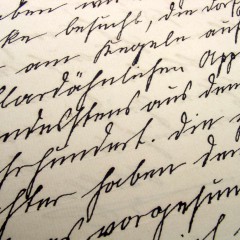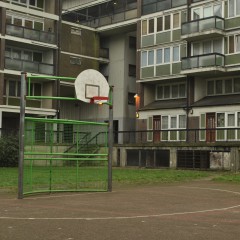Spoken Language Study: Advice for Assessment
This video contains my advice to students completing their GCSE Assessment after a Spoken Language Study that investigated the movement of features of spoken language that have moved into text and instant messaging communication. The question that the assessment will answer is: Explore the features of the language used in digital communications which suggest they are closer to spoken rather than written language. Comment on public...
Spoken Language Study: Structure
As part of our preparation for the Spoken Language Study, we’ve been exploring the idea of structuring extended answers. The attached image is the result of an exercise where everyone was given these paragraph starters in a randomised order, and they had to select an order and justify why they chose it.
Homework: Perfect Paragraph
As our lesson was interrupted by a fire alarm on Wednesday, this “Perfect Paragraph” exercise is now due on Friday. That task is simple: Follow the instructions in your book to improve your existing paragraph on the features of language typical of spoken conversations. This is due on Friday
Everyday Speech: Samples of your own talk
These videos are exerpts of your own spoken conversations for you to use as a source for your transcription. The next step is to transcribe these conversations, ensuring you don’t use text language, but this time write your transcript in full, and add information about the sounds, facial expressions, pauses, interruptions and everything you can of the para-linguistic aspects of the conversation. Glenn and George Kai and David...
HOMEWORK: “We don’t say that here”
Your home idiolect There are many words and subtleties in the way we communicate with our friends and family that are unique to us, and that demonstrate our belonging and familiarity with that unique group. Tonight’s homework is to write a dictionary of the non-standard words and terms you, your friends and family use in your everyday conversations.






